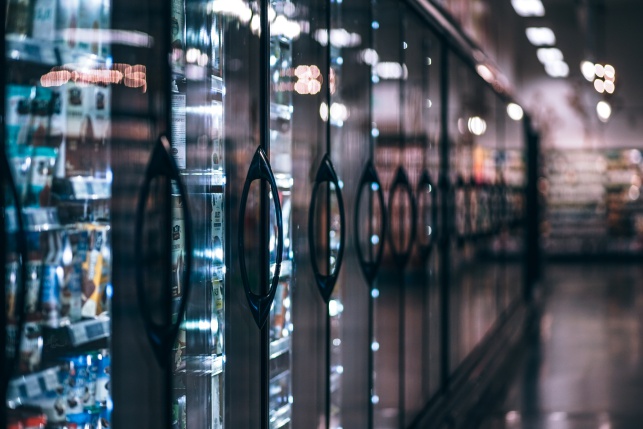In the foodservice industry, one of the most prevalent debate is the choice between gas-fired or electric restaurant equipment. As evidenced by the increasing number of restaurant owners opting for gas equipment, it could be said that the pros far outweigh the advantages of electric equipment.
But as with everything else, the benefits of each depends very much on your needs and both can be a good choice to use within your kitchen.
Here's a breakdown of the pros and cons for choosing kitchen equipment in either gas or electric version.
To start off, gas is cheaper than electricity. However, do note that at the initial stage, electrictiy can be cheaper at first. With electric equipment, it just needs to be plugged into an outlet to operate, thus having a lower installation cost. But if your commercial kitchen equipment requires a higher voltage or a 3-phase wiring set up, the installation costs might be higher.
On the other hand, gas commercial kitchen equipment almost always requires a professional to install the gas supply correctly. This may increase the cost of gas appliances. Never ever attempt to plumb the gas supply yourself.
However, electric equipment is much more portable than gas equipment. All you really need to operate an electric appliance is an electrical outlet. Unlike gas, electric equipment is typically cheaper and easier to install, though some of it will need to be hardwired to your building's supply.
When you compare gas and electric equipment by how much heat that each can produce per dollar, you would realize that gas is typically cheaper than electricity. For instance, 1 cubic foot of natural gas can produce 1.03 million BTU whereas one gallon of propane can produce 91,000 BTU.This leads to the calculation that the average cost for electricity at 10 cents per kilowatt hour would be $31.42 for the same heating capacity as $10.44 worth of natural gas would provide.
Generally speaking, electricity is more efficient than gas. This is because all the energy coming in is converted directly into heat, while with gas, some of the heat is sent up the flue. At the same time, it is worth noting that when using gas, the flame lights immediately and begins producing heat with no time wasted on waiting for it to heat up. Furthermore, with more heat spreading out from the flame, gas restaurant equipment works faster as it heats the bottoms and sides of pans.
But if you were to take into account the comfort of kitchen staff and the monthly heating/cooling bills, then electric equipment would be for you. This also means lower aircon or cooling costs as there is less radiant heat being emitted from the equipment.
From a chef's perspective, gas equipment typically provides a greater control over the cooking process. Whether its busy or slow times, you can adjust the intensity of the flame to work accordingly. Gas equipment also encourage greater creativity such as charring peppers right in the gas flame, and cooking griddle lines into meat.
On the contrary, certain equipment such as electric ovens tend to cook more evenly than their gas counterparts and is easier to use as most have predetermined setttings.
Lastly, it goes without saying that a power outage is no trouble for gas appliances, so your kitchen can continue operating when electricity-based kitchens are shut down. Then again, you can always have a backup generator to power things back on again.
With gas, there is always the risk of a fire hazard when left unattended, or when something falls into the open flame. In this regard, electric restaurant equipment poses less of a fire hazard as there will be no open fire.



